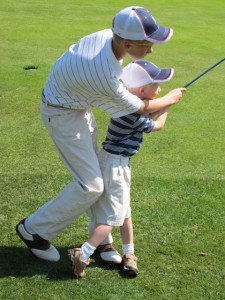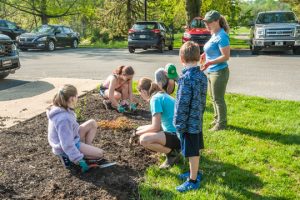The choice of how and where to give birth to your child is your first decision as a parent of that new life. An Empowered Parent knows their options, knows their rights, and can freely choose the setting that is safest and most conducive to a happy, healthy birth experience.
So let’s explore home birth. It may be the least frequently chosen option, but it is an option, and it is on the rise. Parents are increasingly opting out of a hospital birth experience, in favor of bringing a new life into the world in a less restrictive setting. No setting is freer of restriction than one’s own home.
Though it seems a fringe option in the US, it is much more common in many other countries. In fact, in the U.K., our neighbors across the pond recently released new guidelines encouraging women with “routine pregnancies” to use midwifery care at home or at a birth center.
When we’re talking home birth, we’re talking midwives. To become a midwife in the U.S., you can start with nursing school, or choose not to. A midwife can be certified as a nurse midwife, a CNM, or practice as a “lay” midwife, otherwise known as direct-entry. If a midwife is direct entry, she may or may not be certified as a CPM-Certified Professional Midwife-by a national organization known as NARM, the North American Registry of Midwives, or have another certification.
There is no state where it is illegal for a person to give birth at home. However, every state has different laws and regulations of whether and who can attend such a birth. Currently, 28 states license direct-entry midwives, and the vast majority of those use the NARM certification as a guideline for licensure.
So what is the status in Pennsylvania?
Pennsylvania does not license lay midwifery. It is also not prohibited. Don’t be fooled into thinking it’s illegal to attend births as a direct entry midwife in Pennsylvania simply because there is no license available. State courts have confirmed it is neither illegal, nor is it regulated.
In 1929 the commonwealth directed the state Board of Medicine to regulate the practice of midwifery. At the time there were practicing midwives of the nurse and non-nurse variety. Regulations were written and subsequently enforced for nurses. No regulatory acknowledgement was made by the Board of Medicine of the many practicing lay-midwives, either to license or prohibit. Pennsylvania, by virtue of its large Plain population, has always had a large lay midwife profession.
Sixty years after choosing to ignore the lay midwife population, the state Board of Medicine chose to prosecute a lay midwife for practicing without a license. In 1989, a woman who served the Amish population in home birth was challenged by the Board of Medicine. She appealed their decision to the courts, arguing midwifery is not the practice of medicine and, anyway, there is no license provided for lay midwives by the commonwealth. The courts agreed. The Board’s silence in the face of a known practice was interpreted by the courts as acceptance, not as prohibition.
So here we stand. It is not illegal to give birth at home in Pennsylvania, and in fact Pennsylvania has one of the highest rates of home birth in the country. These births are largely, if not exclusively, attended by lay midwives, because the practicality of a CNM license requirements does not allow much freedom for attending births outside of a facility.
Pennsylvania has a particularly convoluted structure for maternity care, so I recommend you research your options and talk to providers and other moms about their birth experience. Knowing your options and choosing your preferences in maternity care is the first step to an empowered birth and happy healthy family.
About Valerie Borek
Valerie Borek, Esq. is a Delaware County native with a passion for empowering people. She believes a strong family is a building block to strong communities. She founded her law firm to serve families with a focus on parenting and family rights. As a mother herself, she knows that parents face tough choices and need support. Valerie is grateful to be in a profession where she can guide people through life’s circumstance so they can focus on the things in life that matter most. Valerie finds her greatest motivation in helping families strengthen their health and wealth. These two foundational areas of life resonate through the day-to-day and when we feel comfortable and secure in these spheres, we are free and enabled to create and nurture the lives we desire. Visit her at www.vboreklaw.com



Comments